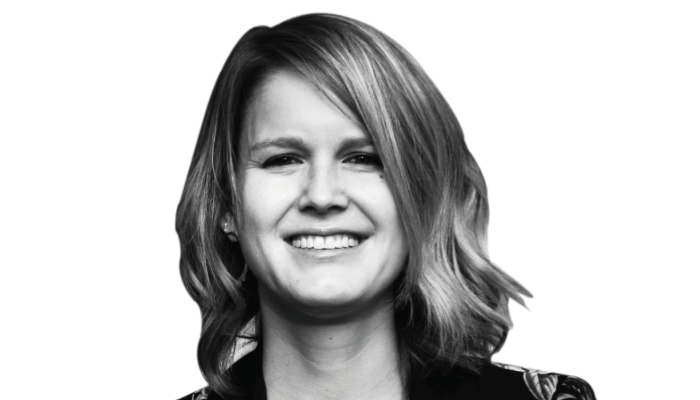
February 7, 2021, marked fifty years since women gained the right to vote in federal elections in my home country, Switzerland. For the women of my generation (or younger), it is hard to imagine a time when we would not have been allowed to vote or even open a bank account without the approval of our husbands. Half a century later, we are still far from equality. Women still struggle to get the jobs they want, are concentrated in lower-paying jobs, face additional hurdles on their path to leadership positions, and suffer from multiple motherhood penalties – not to mention possible workplace harassment.
How does this translate to academia? In my adoptive home of the Netherlands, the “Women Professors Monitor” is run every year by the Dutch Network of Women Professors (Landelijk Netwerk Vrouwelijke Hoogleraren) to review the differences between men and women at the academic level. In 2020, they highlighted the strong decline in the percentage of women at each step of the academic ladder (1). Indeed, despite 53 percent of graduates at Dutch Universities being women, only 30 percent of associate professors are female and this falls to a mere 24 percent for full professors. Furthermore, the growth rate of female professors was just 1.1 percent in 2020. To put this into perspective, if we continue at the same speed, it will take until 2041 to reach a balanced male/female representation among full professors.
As a woman in academia, and currently at the assistant professorship/tenure track level, I am deeply worried about these numbers and trends. I am concerned that, despite the huge amount of work carried out by both my female and male predecessors to encourage and support women in academia, progress is very slow. I am concerned that female professors are leaving academia because they cannot find suitable and supportive places for them. I am concerned that I am one of the few women in my institution. Most pertinently, I am concerned that we are unconsciously displaying the wrong academic picture to our talented and motivated students.
How can we expect to significantly improve representation of women and minorities in academia when the major role models are white men who regularly work at nights and during weekends?
I’d argue, we can’t. The impact of role models has been extensively studied; they play a crucial role in the development of young people and the career advancement of junior professionals (2,3). Importantly, gender- and race-matched role models can lead to better professional performance and an overall higher level of satisfaction at work compared with non-matched role models.
Interestingly, I was recently discussing the results of the Women Professors Monitor with my female colleague (and friend) Lotte Schreuders, who is a Junior Teacher at the University of Amsterdam. She asked me about my own role models – who they were and in what ways they had inspired me. I fell silent. I’ve certainly had a number of people who have supported me and helped me to find opportunities in academia, which I’m extremely grateful for, but role models? I told her I’d never met a person on my career path that I view as an example to be imitated (the very definition of “role model.”)
It was then I realized I have – somewhat surreptitiously – become my own role model. I wish I had encountered more women who I could have turned to for professional advice, that the institutions I worked for had mentoring programs I could have benefited from, or that I had met female mentors that had overcome some of the challenges I was similarly facing. But I didn’t, so I became my own role model. And it worked fine for me, but what about others?
At the Centre for Analytical Sciences Amsterdam (CASA), we believe that building communities among students and professors is crucial for students’ professional and personal development. With the community we have built and the mentoring program we are currently implementing, we want to offer students the possibility of not only finding role models, mentors, and peer mentors, but also being part of an inclusive and diverse community of scientists.
In the run-up to International Women’s Day, I want to encourage all my fellow colleagues worldwide – both male and female – to reflect on the impact of role models and mentors on the younger generation. Stand up, and act for diversity and inclusion in science. We need a broader range of role models in academia to show the younger generation what is possible. As the proverb says: “If you want to go fast, go alone. If you want to go far, go together.” Let’s work together to ensure we create the most inclusive place for everyone in the field of analytical science and in wider academia.
References
- Landelijk Netwerk Vrouwelijke Hoogleraren (LNVH), Monitor Vrouwelijke Hoogleraren 2020. https://www.lnvh.nl/monitor2020/EN.html (accessed 7th February 2021)
- S. Zirkel, Is There A Place for Me? Role Models and Academic Identity among White Students and Students of Color. Teachers College Record 104 (2002) 357
- W. Levinson, K. Kaufman, B. Clark, S.W. Tolle, Mentors and Role Models for Women in Academic Medicine. West J Med 154 (1991) 423.




